Vanessa Lillie is the author of the USA Today bestselling suspense novel, Blood Sisters, which was a Target Book Club pick and GMA Book Club Buzz Pick as well as named one of the best mystery novel in 2023 by the Washington Post and Amazon. The sequel, The Bone Thief, will be out October 28th.
Tell us about The Bone Thief. What was the inspiration behind this story?
All my stories begin with bright and burning questions. For The Bone Thief, it began after I moved to New England, the heart of colonial America, and I was surprised how little I knew about our Indigenous history, including the thousands of years that predates the “founding” of our country. My main character, Syd Walker, is an archeologist for the Bureau of Indian Affairs, and she’s investigating stolen Indigenous remains tied to a real historical event tied to the “founders” of our country that I learned about after I moved to Rhode Island. Sharing real history is an important part of my inspiration and often the engine that drives the story.
From there, I created the “Founders Society” to explore questions around modern colonialism and to draw Syd into this privileged world that to some may seem like a country club lifestyle and the “American Dream.” As with the first book, Blood Sisters, there’s a missing young woman – a Narragansett teenager—who Syd is trying to find. Highlighting Missing and Murdered Indigenous women and people is the heart of this series and that continues.
Finally, I’m endlessly looking for how history echoes. As a Cherokee woman from Oklahoma, I was interested in the similarities and difference of someone who’s Narragansett from Rhode Island. My family was forced from their land on the Trail of Tears with the intent of erasure and resource / land theft by President Jackson. And, 150 years earlier, the Narragansett tribe experienced the Great Swamp Massacre at the hands of colonists intending to do the same things. And then seeking modern examples that echo from the past today.
Blood Sisters directly engaged the epidemic of missing and murdered Indigenous women. In The Bone Thief you continue to explore systems that ignore or erase Indigenous loss. How do you decide what to represent when dealing with such heavy, real-world harm?
My process always begins with questions of why something is this way. In most cases, these problems are not new. They go back hundreds, even thousands of years. As we often say, Pocahontas was the first recorded case of MMIW. But my challenge as a writer is to create characters you care about and want to follow through these difficult subjects. To build a plot that isn’t heavy headed about messages but allows the reader to explore the consequences of injustice within a twisty thriller. And it always takes me many, many drafts to get there.
What do you wish non-Indigenous writers and editors better understood when they want to write about or amplify those stories?
Please amplify Indigenous voices! That’s the only way we’re able to continue publishing our stories is by showing there’s a market for our voices.
As far as writing, please be sure you’re the right person to share that perspective. Of course you can, but the question is if you should. Because there are limited seats at the publishing table. If you’re creating a main character or plot that’s focused on an Indigenous character or experience, it’s very possible that will be the only Indigenous book published that season from your editor or imprint at the publisher. You may be taking that seat from someone with that authentic, lived perspective.
It’s something I take seriously as a Cherokee author. I write very specifically from my lane of experience because that’s the seat I feel comfortable taking at the table. I hope someday there are so many Indigenous voices that it’s not a concern, but we’re pretty far from that right now.
Who are a few contemporary Indigenous authors you think She Writes readers should be reading now? (We’ll be sure to also point to your full list of recommendations on your website.)
Don’t miss the Indigenous mystery series by Marcie Rendon and Ramona Emerson. Also, Danica Nava is the only traditionally published romance author and her books are fantastic and funny.
What’s a book that taught you how to write suspense?
The first that comes to mind is Silence of the Lambs. I think about the movie and the book (which are equally perfect to me) often while drafting. Particularly, the importance of making the antagonist really match (and even over match—that’s the journey) the protagonist. That their journey in the story is to be pushed into a new form, to come into their power and confidence in order to achieve justice (hopefully).
Can you share a revision trick you use to tighten the mystery and nail pacing?
When I’m done with a draft (or even during), I take a big sheet of paper and write all the plot beats, turning points, etc and then under it, I line up my story. I’ll see what’s missing or even what I did right (that’s a fun surprise). You can of course do this in excel, word, or Final Draft / Scrivener. But there’s something fun for me about writing it out and hanging the paper somewhere I can see it as I go back to revising.
Do you have a favorite craft book? How has it helped you?
So many! Save the Cat Writes A Novel by Jessica Brody is always close by when I’m drafting. I love her explanation of structure and the examples from books at the back are gold. Next, there’s Story Genuis by Deborah Cron, who really pushes you go deeper into character and plot (and make everything matter!). Finally, I constantly recommend The War of Art by Steven Pressfield for pep talks to keep going.
These books help me stay focused on structure and plot, which is something I am constantly recalibrating because I naturally write by the seat of my pants (pantster), but I psychologically need to be a plotter to not get stressed out by the chaos of not knowing what’s happening. It’s fun to just start writing, but as someone who usually has to rewrite whole drafts, I really need to check my coordinates to be sure the ship is headed in the right direction.
Your books have been bestsellers, major book club picks, and selected for big media “best books” lists. Do you have any insight into what authors can do to get their work noticed in the way yours have? Is there a strategy in your writing or marketing that you think has helped you stand out?
I’d suggest focusing on “why you, why this story right now?” Having the answers to those questions at every stage of writing and publishing is so helpful, starting with agents selling, editors acquiring, sales teams sharing with booksellers, publicity folks pitching to media. To easily communicate the heart of your book so audiences get a quick idea of what to expect.
Outside of that, most of what goes into book club picks or bestseller lists is beyond our control. Not a great answer, but it’s the truth. Authors don’t control who gets pitched to big box retailers or the major book clubs. We can only write really great books, share as best we can with our little slice of the marketplace, and see what happens. I have to repeat the mantra, “What’s meant for me will never pass me by” a lot because it’s easy to focus on what other people have and then be down on yourself. But the author life is a journey, you don’t get everything all at once. To have a sustainable career, you build and build, little by little. That creates stability, which you will need at every step. When big, lucky things happen, you enjoy them, of course, but the circus quickly moves on, and then you’re back to the page and the foundation you’ve built over time.
What is the best writing advice you’ve ever received? What is the worst?
Being a good “literary citizen” is probably the best advice and something I try to do every day. To me that means supporting your publishing community, your author friends, and really shoutout out and sharing the success of those around you. There are things you can celebrate every single day, and that’s a much better place to put your energy than comparison or anxiousness.
I think the worst advice was not something said directly to me, but more a mistaken impression I picked up, which is that “success” meant a book a year, same agent, same publisher, on and on. But I know very few people who got their first book deal, hit every list and just “made it.” That doesn’t really exist. So just reframing success and understanding it’s more the day-to-day work, joy, and community that equal “success.”
What are you working on next?
I’m working on two books right now. I’m almost done with a speculative thriller I’m calling my “sexy Da Vinci Code,” but with real angels and demons. I usually need a “fun” book in between my thrillers, and this has been an absolute unhinged joy to write. It’s basically a Dan Brown with romantasy vibes fever dream influenced by my Jesuit college classes on the Gnostic Gospels.
And, I’ve just started another Indigenous thriller called, The Cherokee House, about an underground poker player on the run from the mob, ready to cash in her only asset, the house on her family’s Cherokee allotment land that’s tied to a serial killer in rural Oklahoma. Of course my fingers are crossed there are more Syd Walker books in the future too!
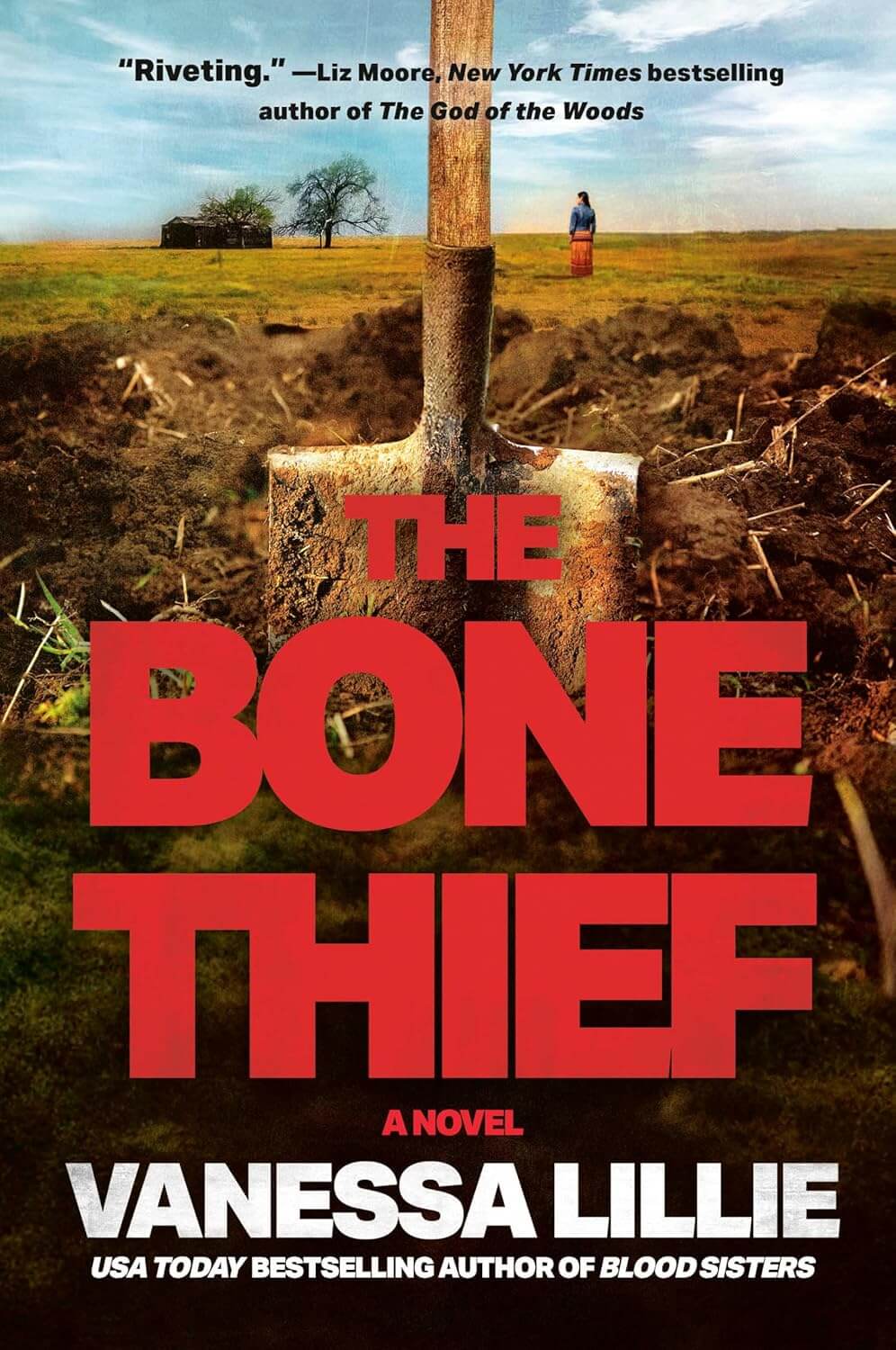
The Bone Thief by Vanessa Lillie
Not long after skeletal remains are found at a summer camp, the bones go missing. Syd Walker, the archaeologist for the Bureau of Indian Affairs arrives to investigate not only this crime, but also the disappearance of a young Indigenous girl, a case which local authorities are dismissing outright. The more Syd digs, the more she uncovers about the local Founders Society, a local club where members take great pride in tracing their heritage back to the settlers of the area. When a pattern of events links the illustrious Society to a string of disappearances, Syd knows she must uncover the past before the cycle continues.
Buy the book now: Bookshop.org | Amazon | Barnes & Noble

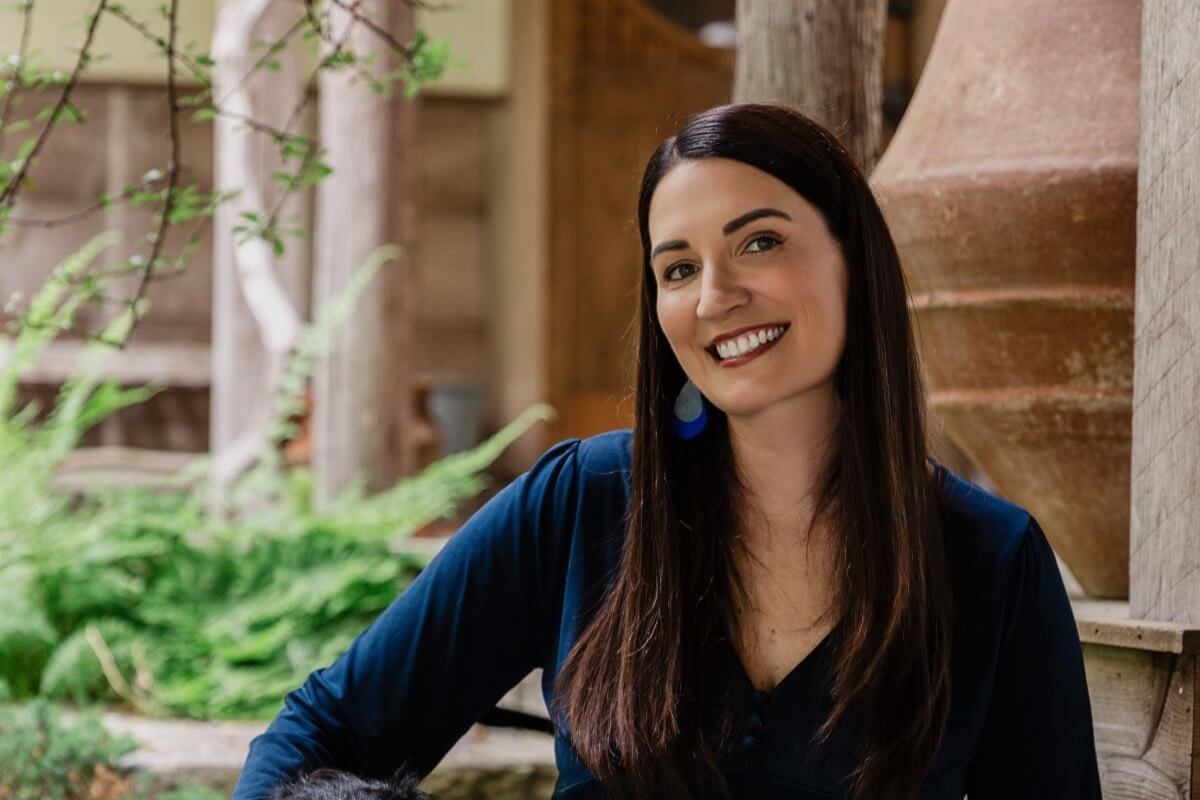
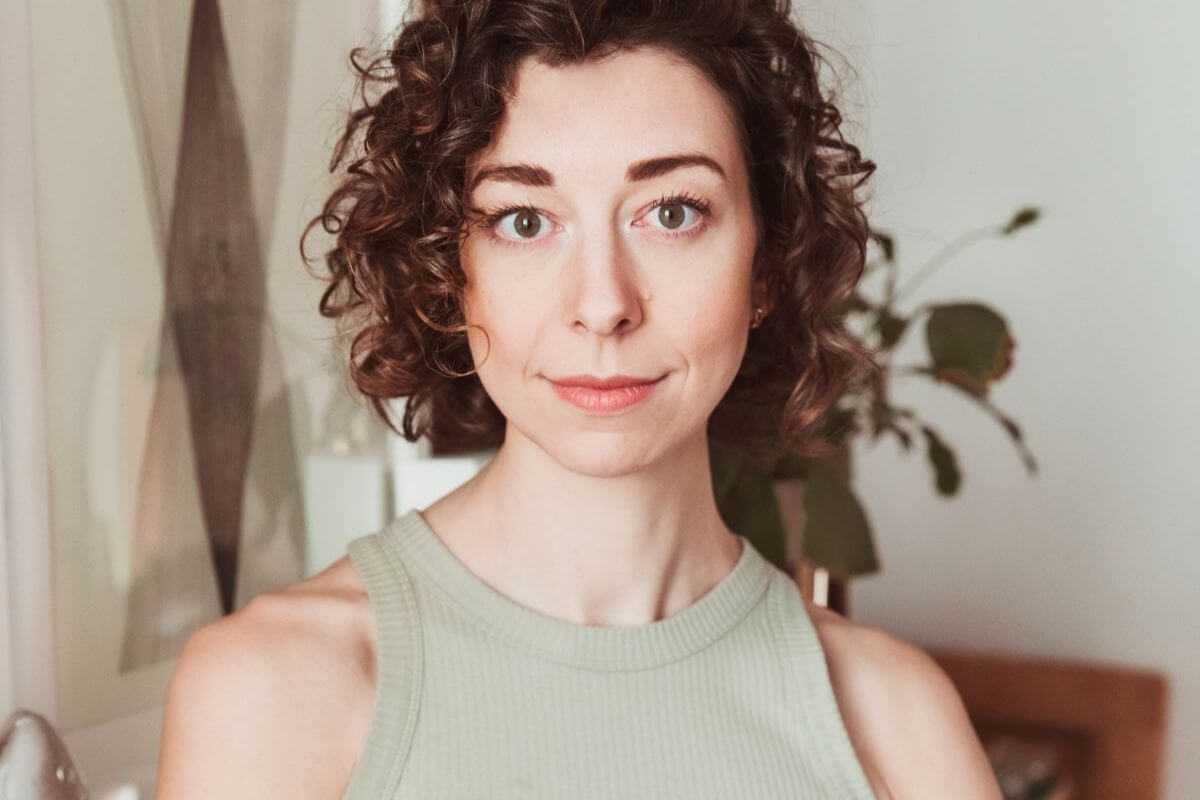

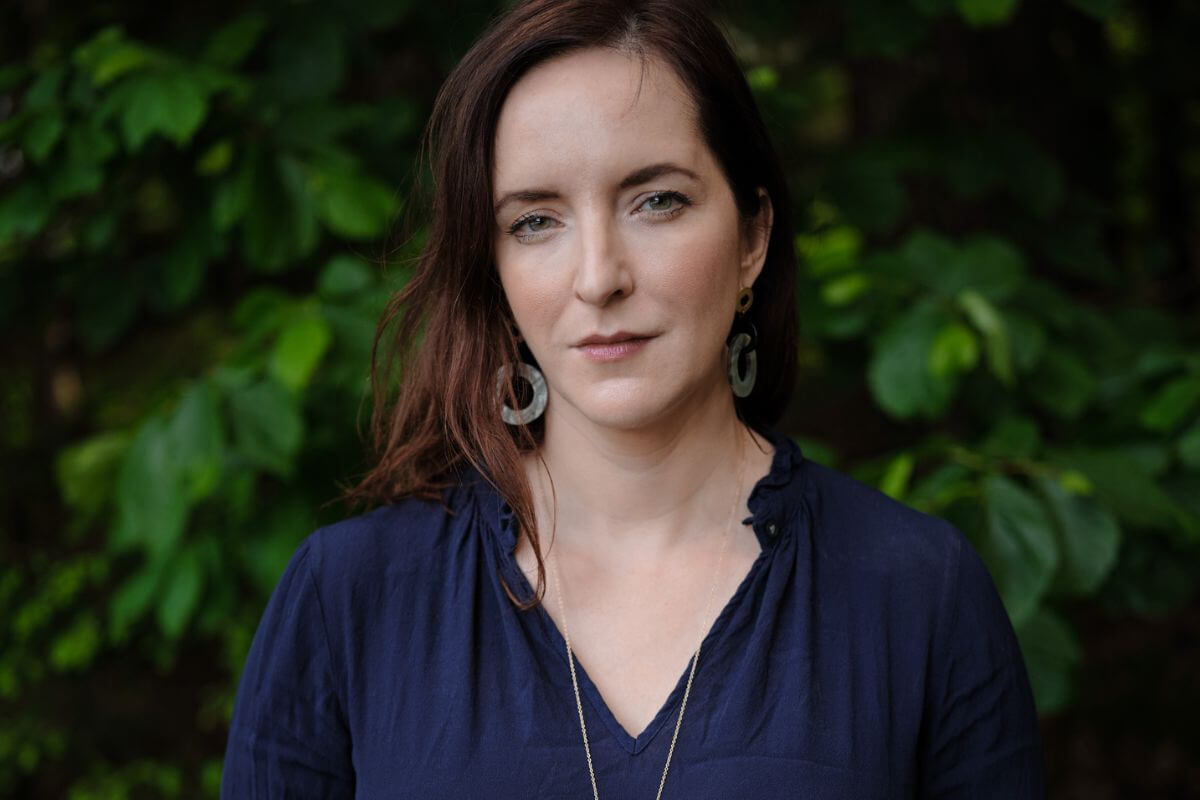
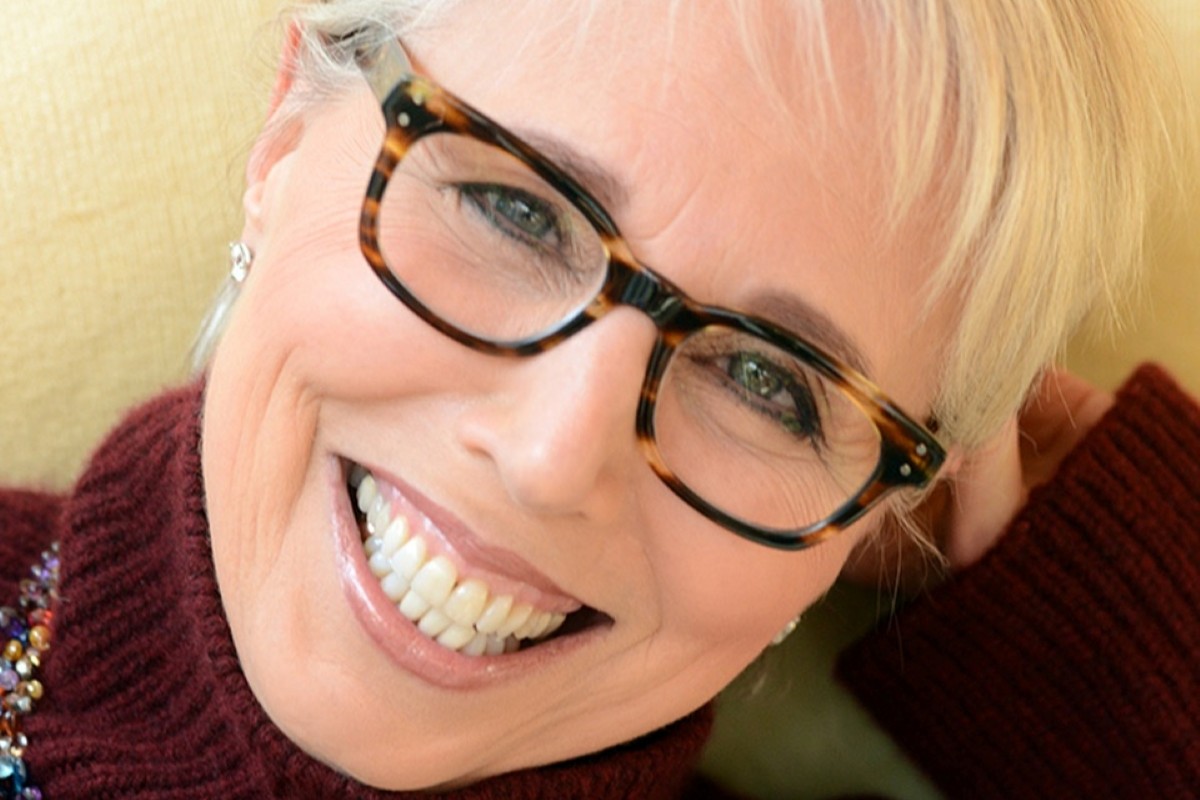
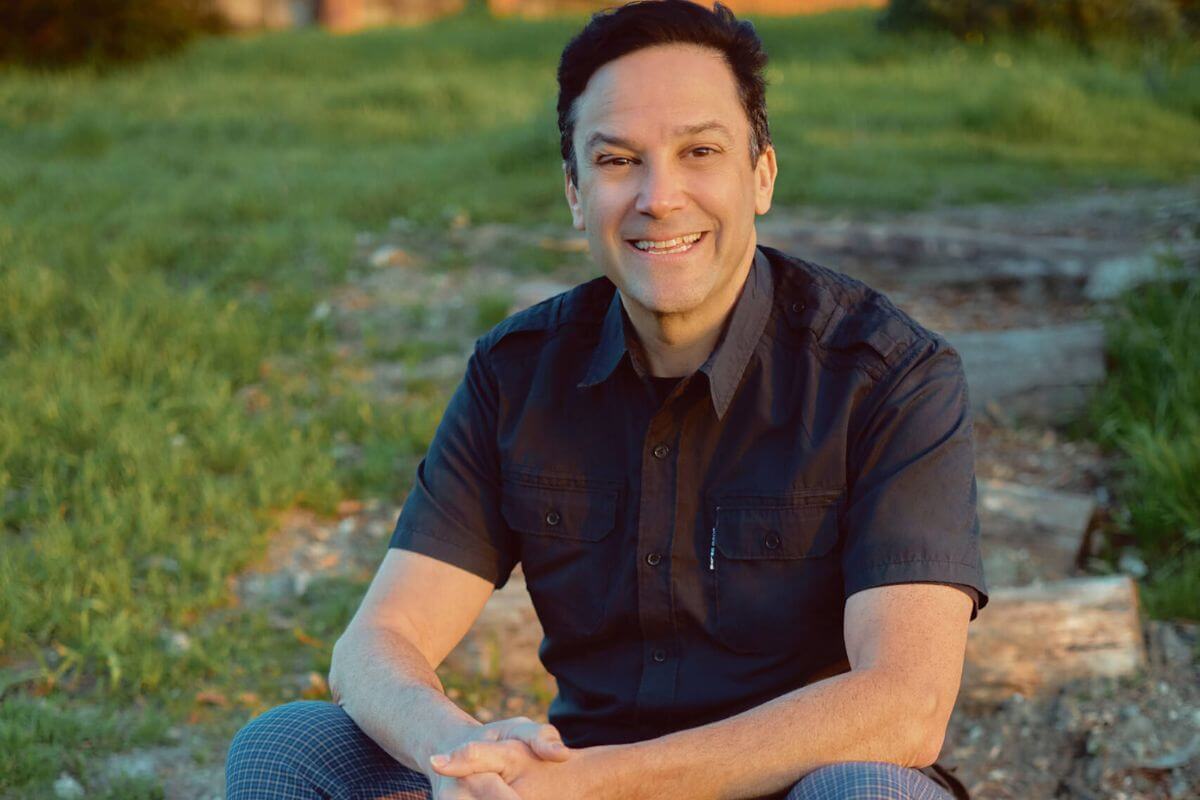
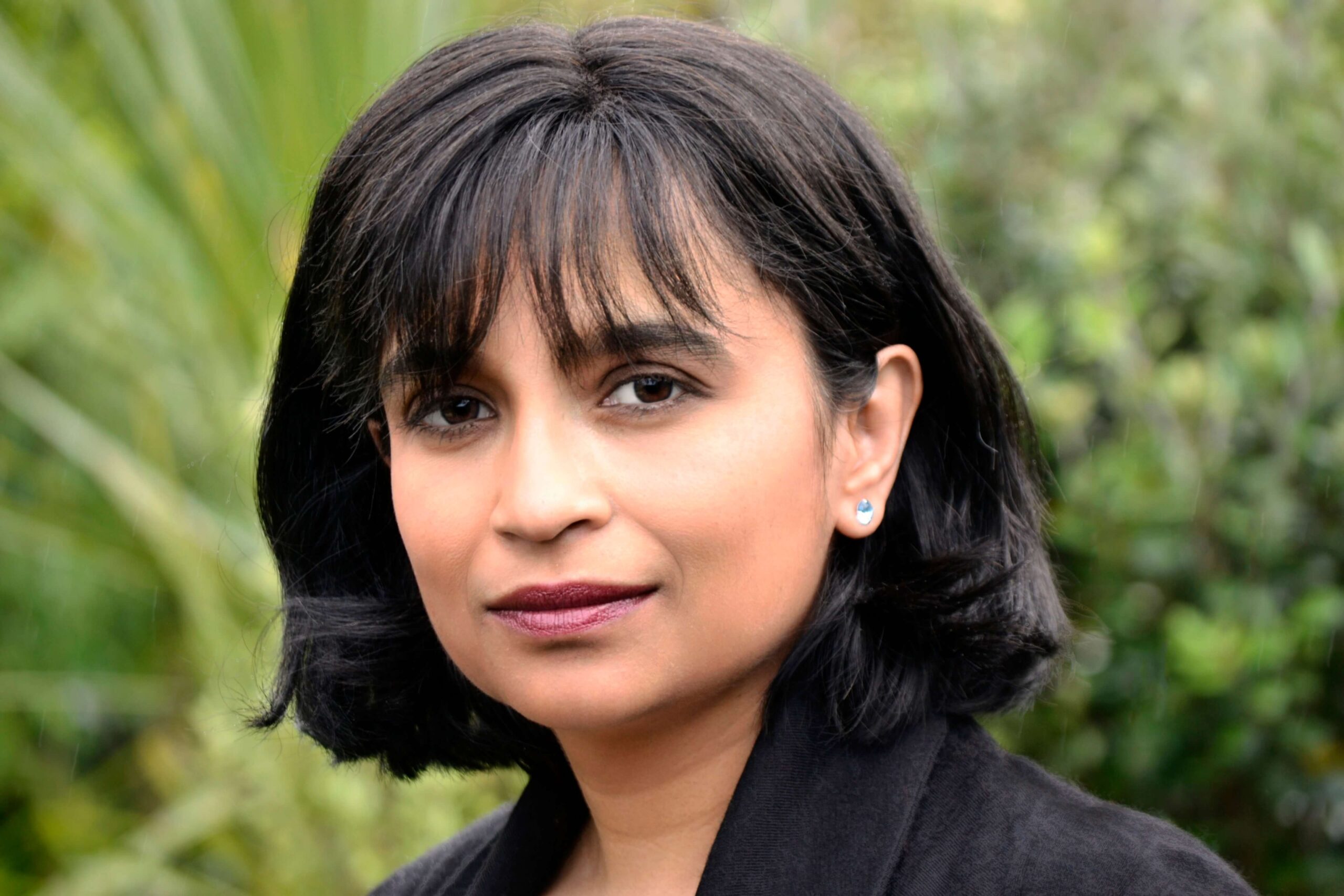
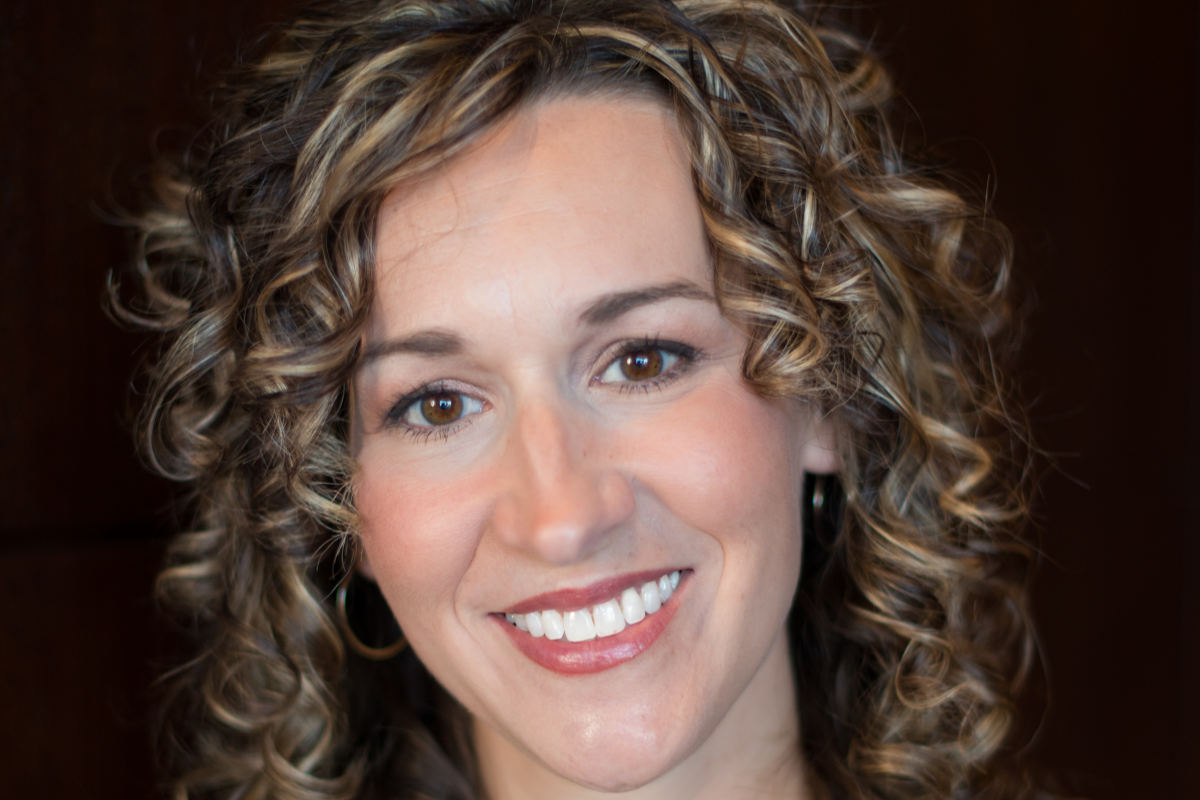
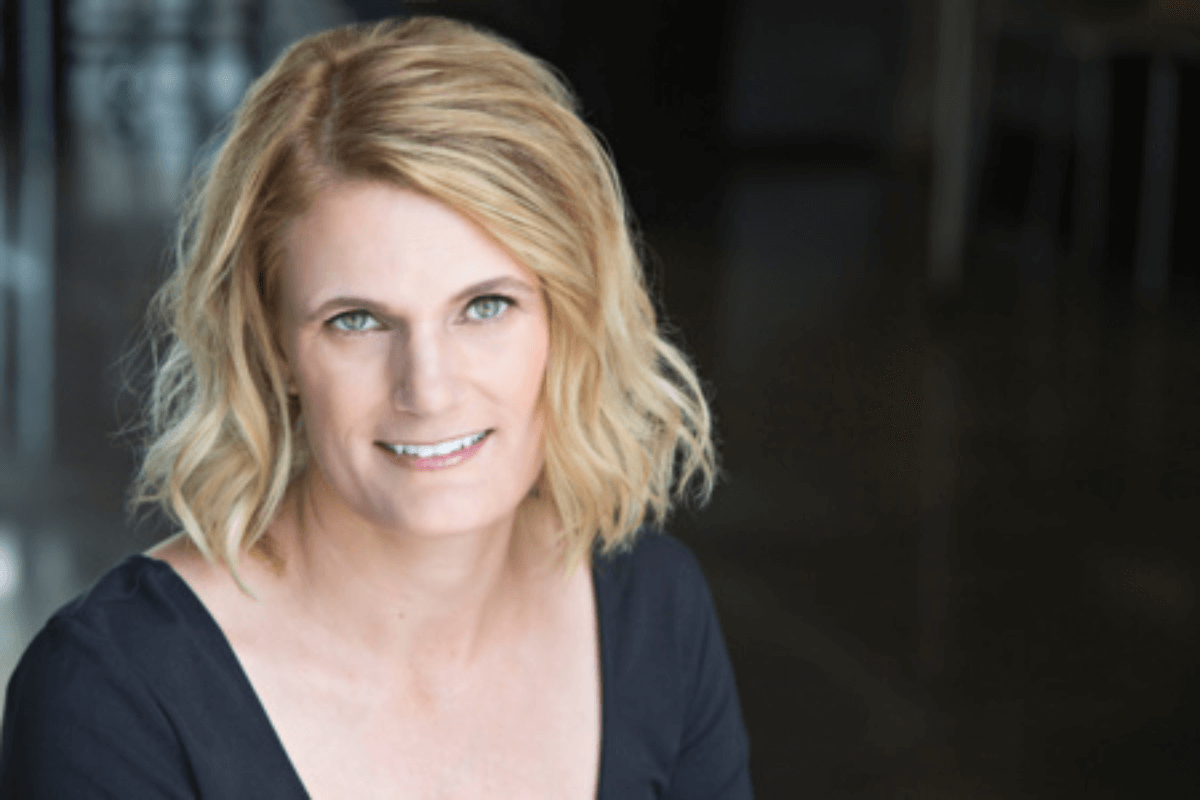
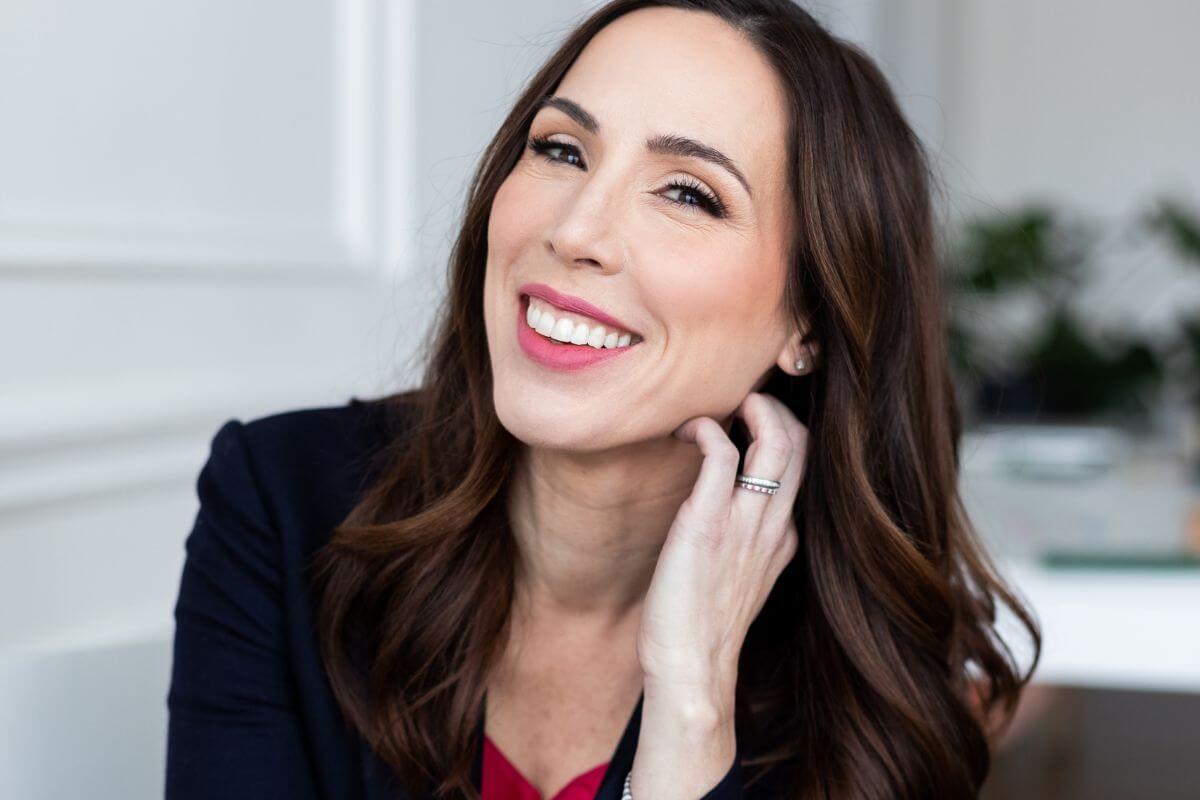
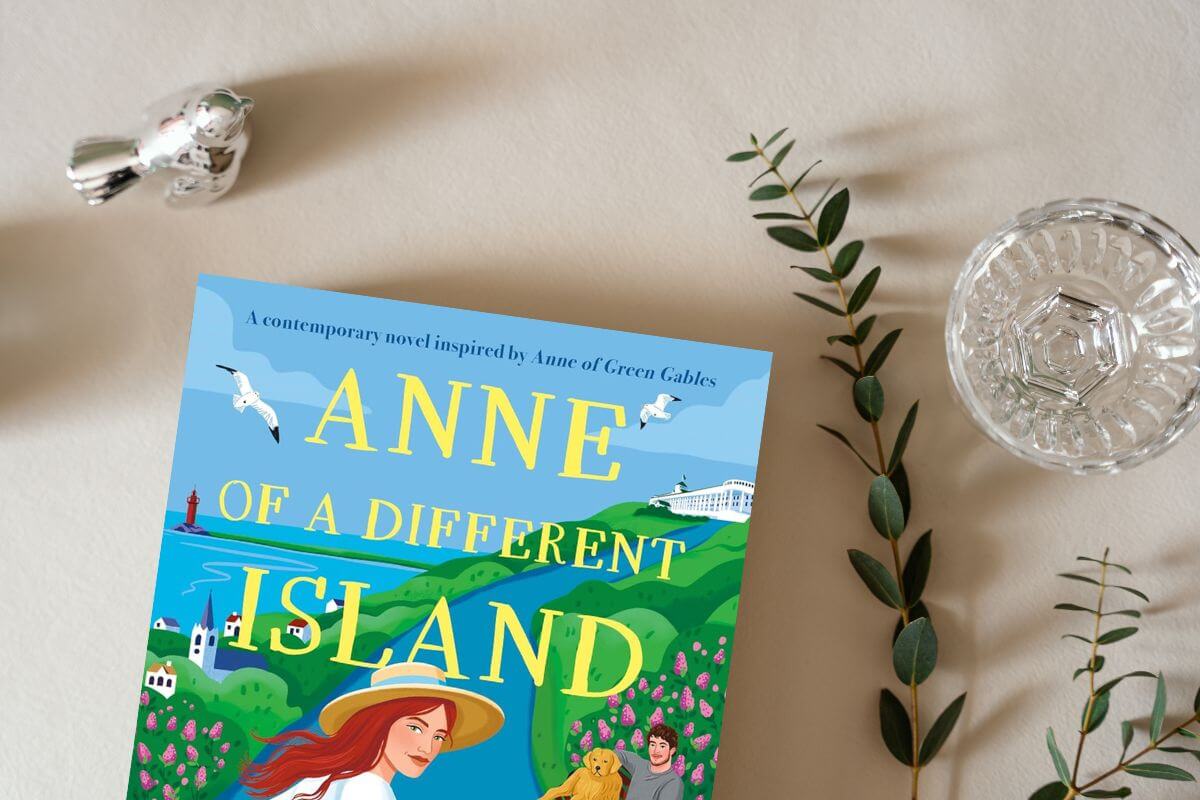
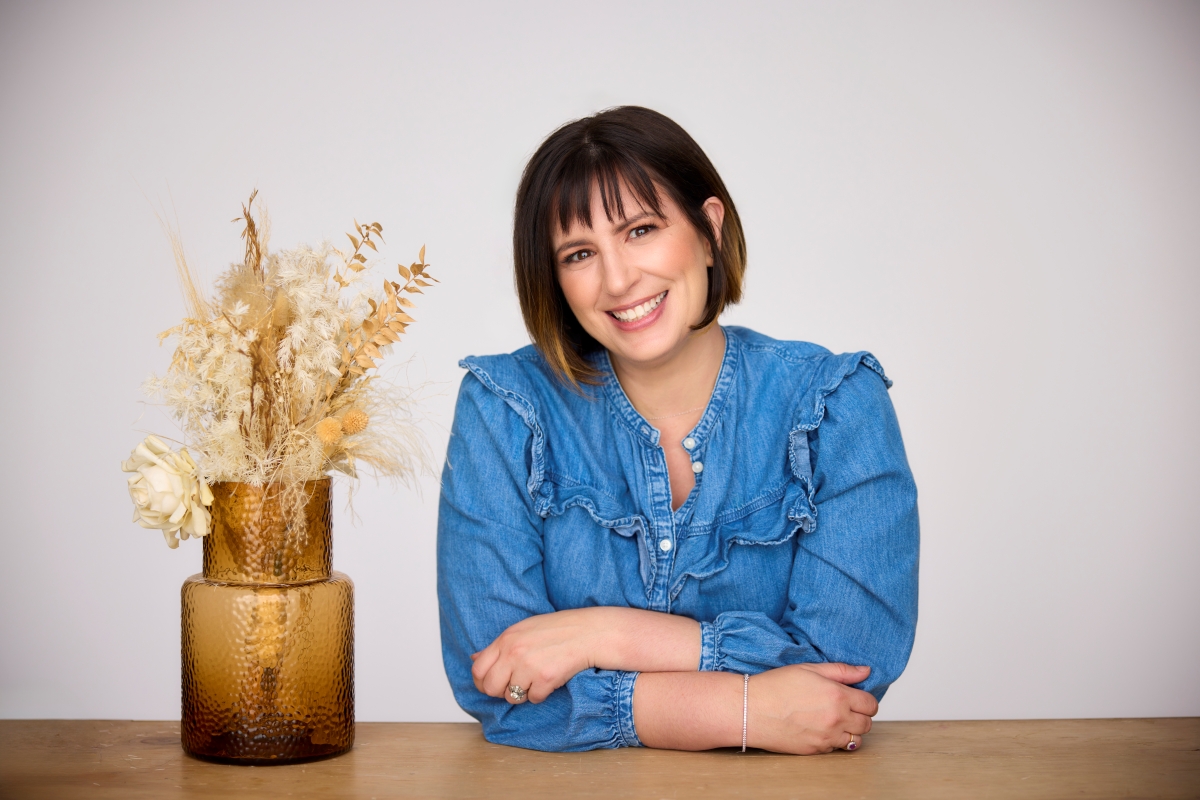
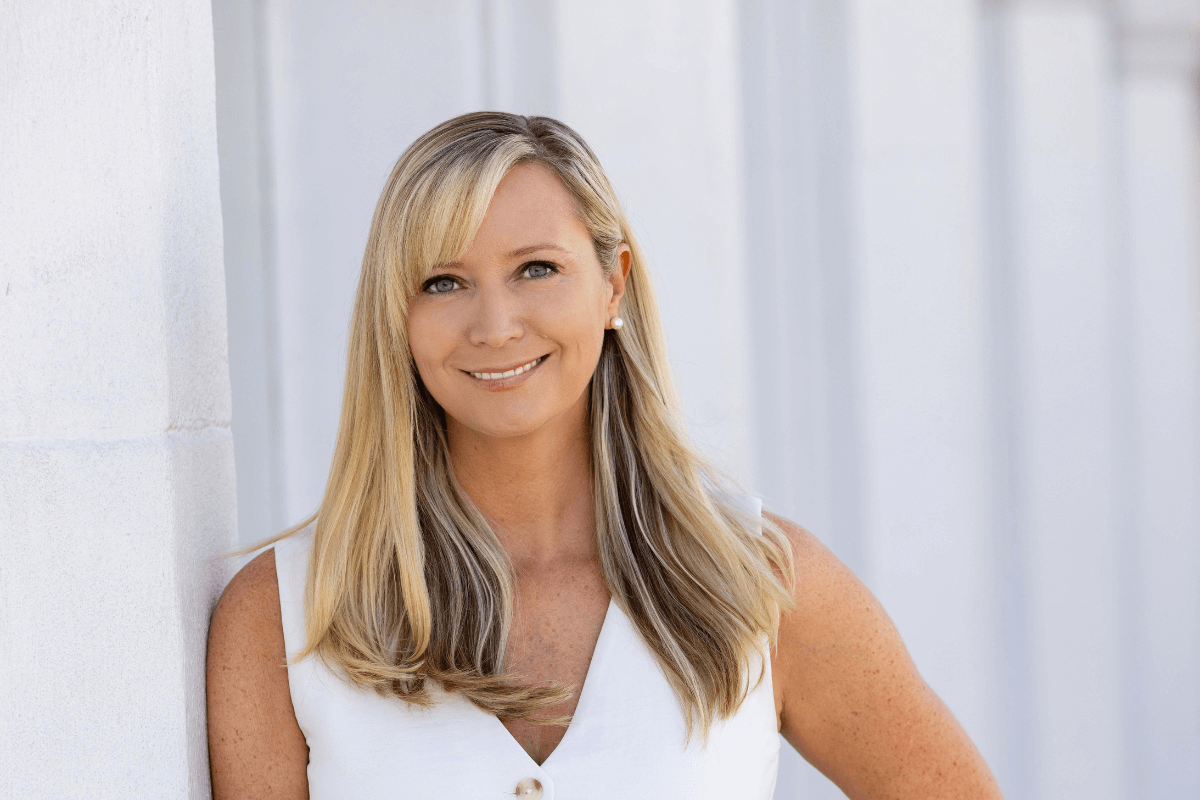
Leave A Comment